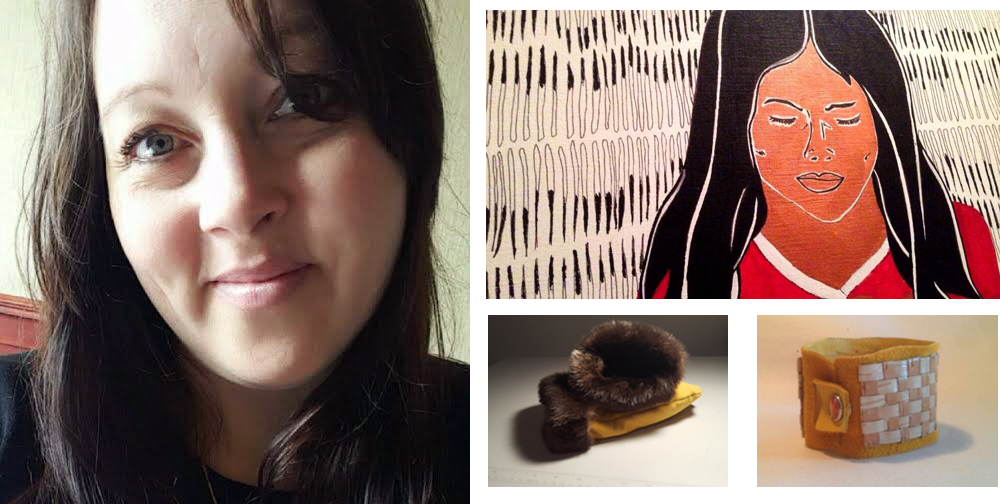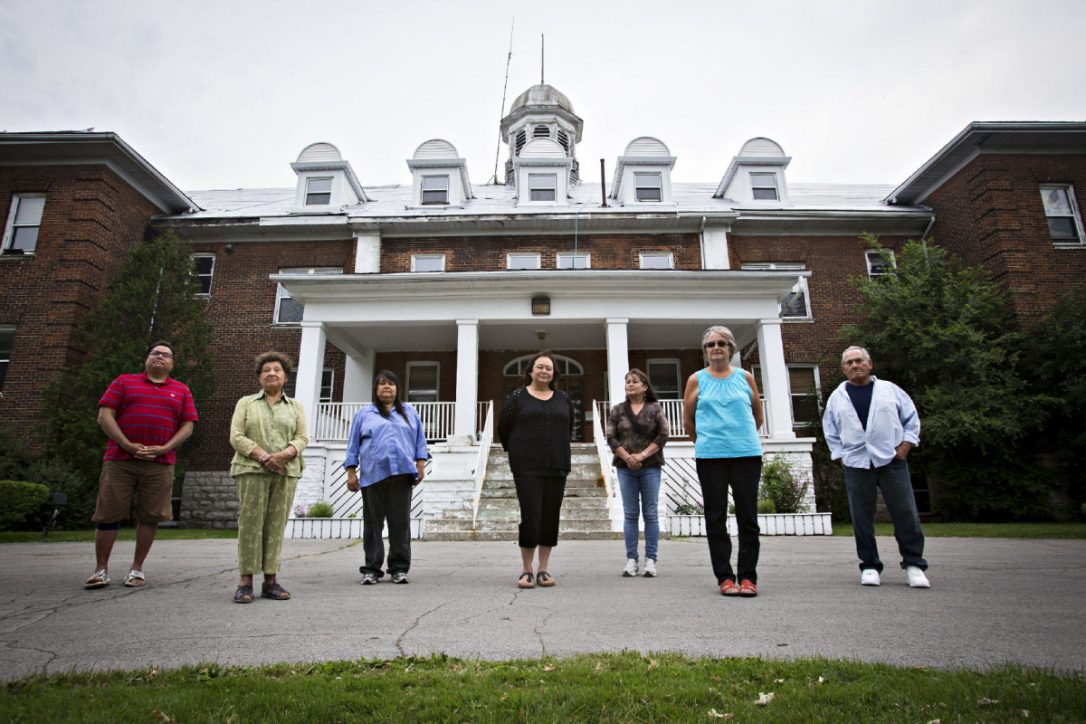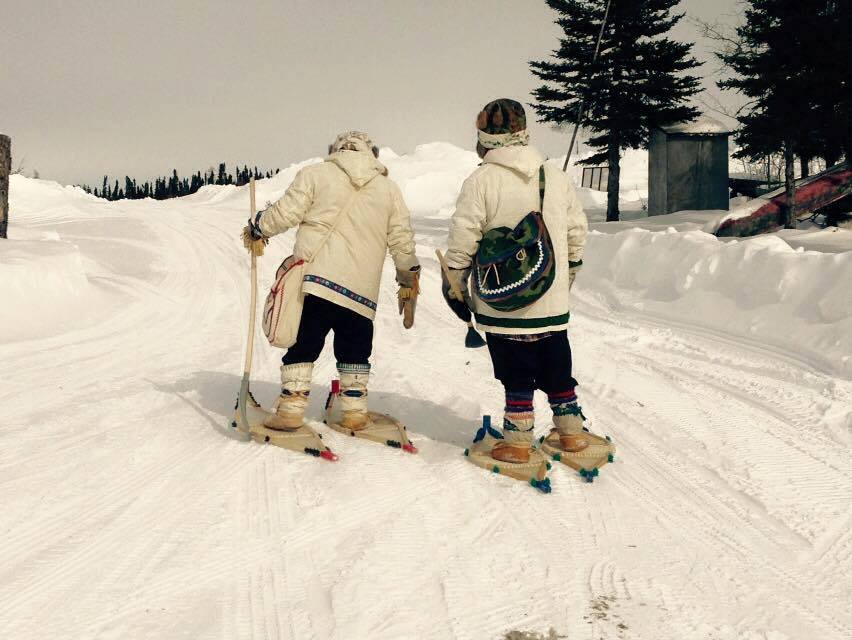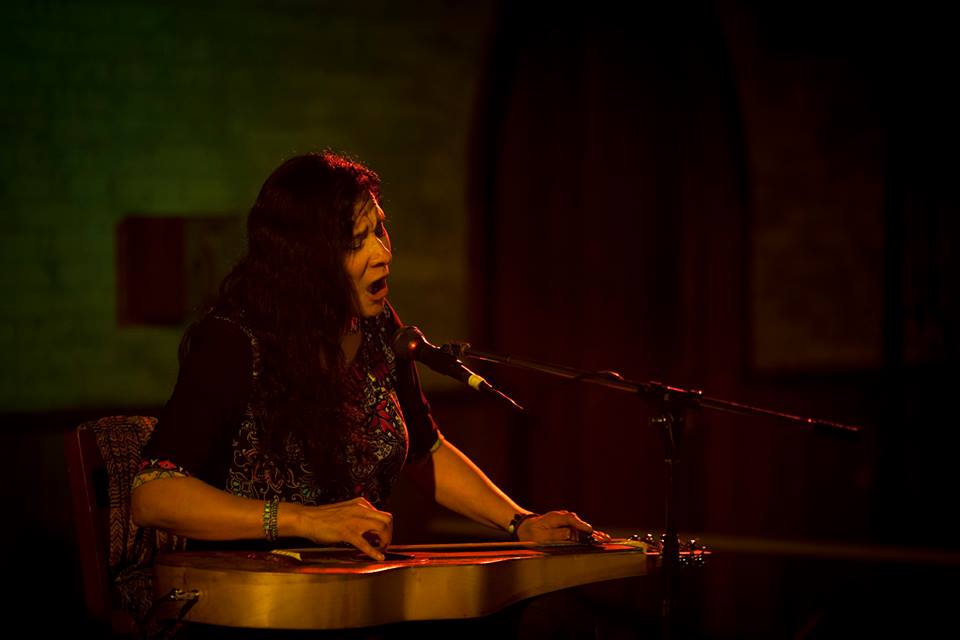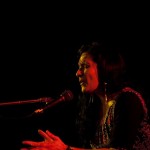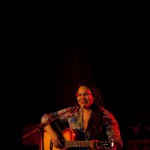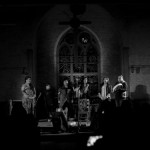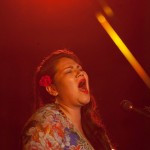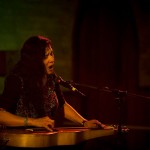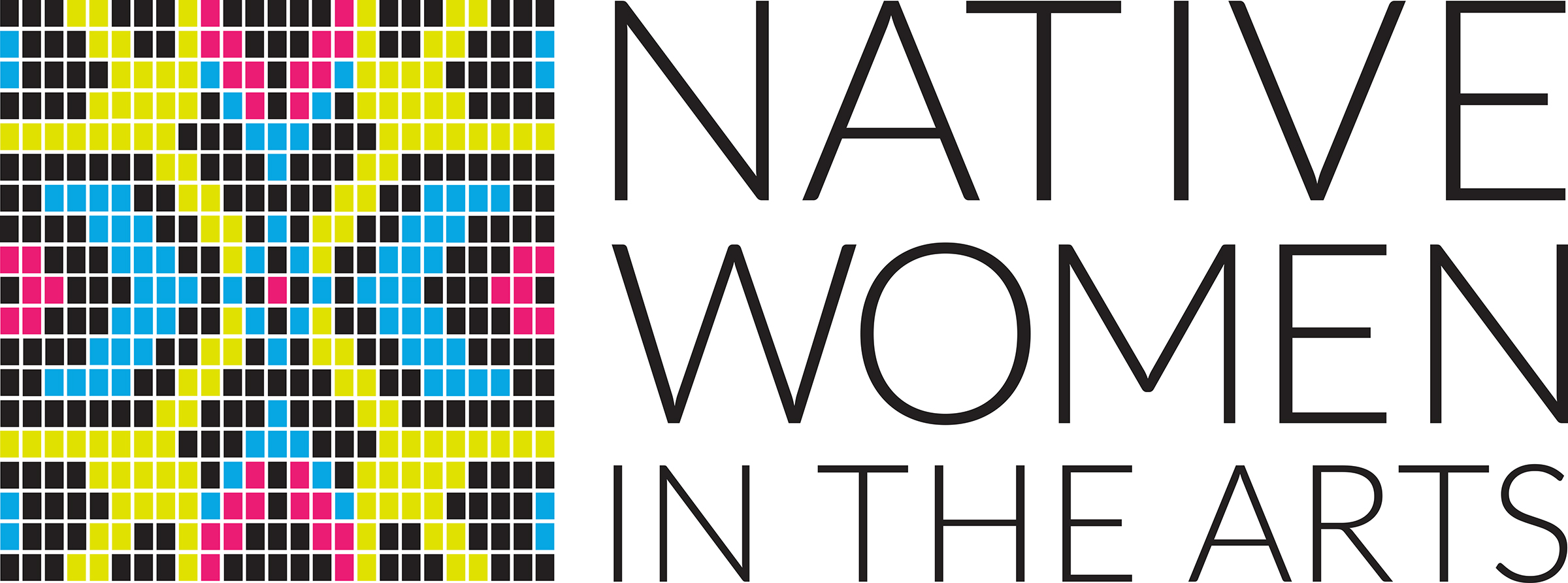FOR IMMEDIATE RELEASE
Native Women in the Arts announces winner of second annual Barbara Laronde Award.
TORONTO, ON (June 20, 2016) – Native Women in the Arts (NWIA) is thrilled to announce the winner of the second annual Barbara Laronde Award: Janelle Wawia.
The award was created to honour the legacy of NWIA founder Sandra Laronde and her vision and commitment to Indigenous artists. It celebrates and acknowledges the career of one outstanding, emerging, Northern-Ontario based Indigenous female artist, recognizing the geographic and economic barriers that many northern artists face.
Sandra Laronde’s 19 years of leadership at NWIA paved the way for many Indigenous artists at various stages of their careers. The award is named after her mother, Barbara, who has been the backbone of her family and a leader in the Northern Ontario community, Temagami First Nation. Barbara inspired her children to be creative and entrepreneurial, and it is with this spirit that NWIA launched this award in 2015.
Janelle Wawia is an artist from Opwaaganasiniing/Red Rock First Nation (Lake Helen Reserve). A painter and fashion designer who incorporates contemporary and traditional influences in her work, Janelle works in fur (obtained from her family’s trap line as Janelle is also a trapper), leather, porcupine quills, beadwork, and acrylic paint. Through these varied mediums, she draws on and references Anishinaabe floral designs, medicine and messengers, women, ceremony, and connection to the land.
Submissions to this year’s award doubled from its inaugural year in 2015, and Janelle was selected from these submissions through NWIA’s Board of Directors’ voting process. Says NWIA Artistic Producer Erika Iserhoff, “Janelle is not only a promising emerging artist who, though self-taught, has already created a diverse body of multi-discplinary work that both touched and impressed us all, she is also dedicated to her community and to being a strong representation of women and mothers within her community and culture.”
NWIA is excited to support the continuing creative and professional achievements of Janelle Wawia with the $1500 award, which will be presented with Barbara Laronde in Temagami on July 17th during the Deepwater Music Festival.
ABOUT NATIVE WOMEN IN THE ARTS (NWIA)
Over 22 years, NWIA has delivered theatre, dance, music, and spoken word productions and published three books of Indigenous visual art and writing. We also produce a series of community-driven artist talks, leadership and cultural workshops, youth arts projects to audiences interested in arts, culture, and the advancement of Indigenous peoples.
For further information about NWIA visit nwia.ca or call 416-598-4078.
ABOUT DEEPWATER MUSIC FESTIVAL
Hosted by the Temagami Artist Collective, the Deepwater Music Festival takes place this year July 15-17, 2016, at Temagami’s waterfront. This year’s lineup includes Les Stroud, Les Gens du Nord, Esther Pennell & Pete Fex, Lee Frappier, Wayne Potts, Addison & Adams, Jake Thomas Trio, David Laronde Band, Peter Cliche, Eigth Thunderbird Drum, and more. Festival wristbands include entry to the concurrent Temagami Canoe Festival.
For further information visit temagamiartisticcollective.com
-30-

